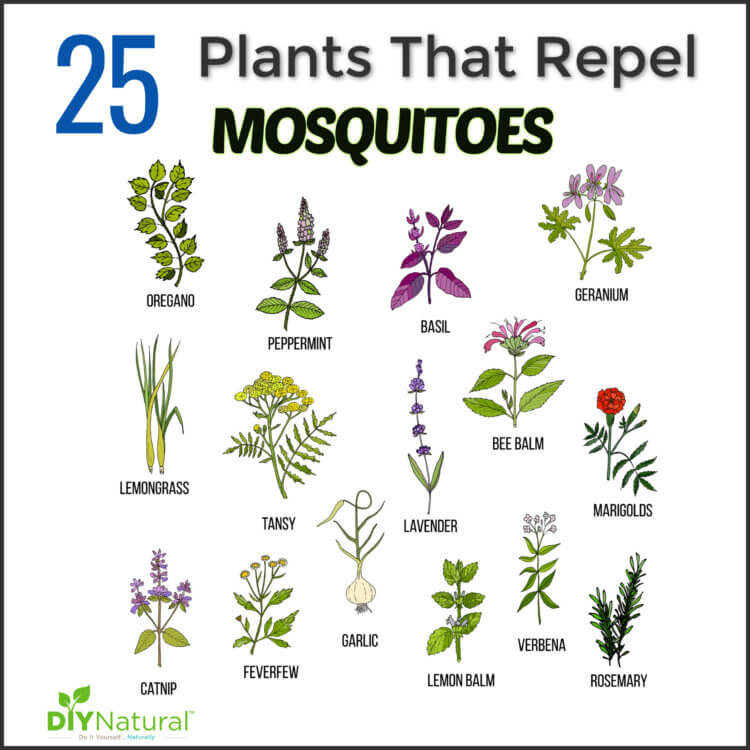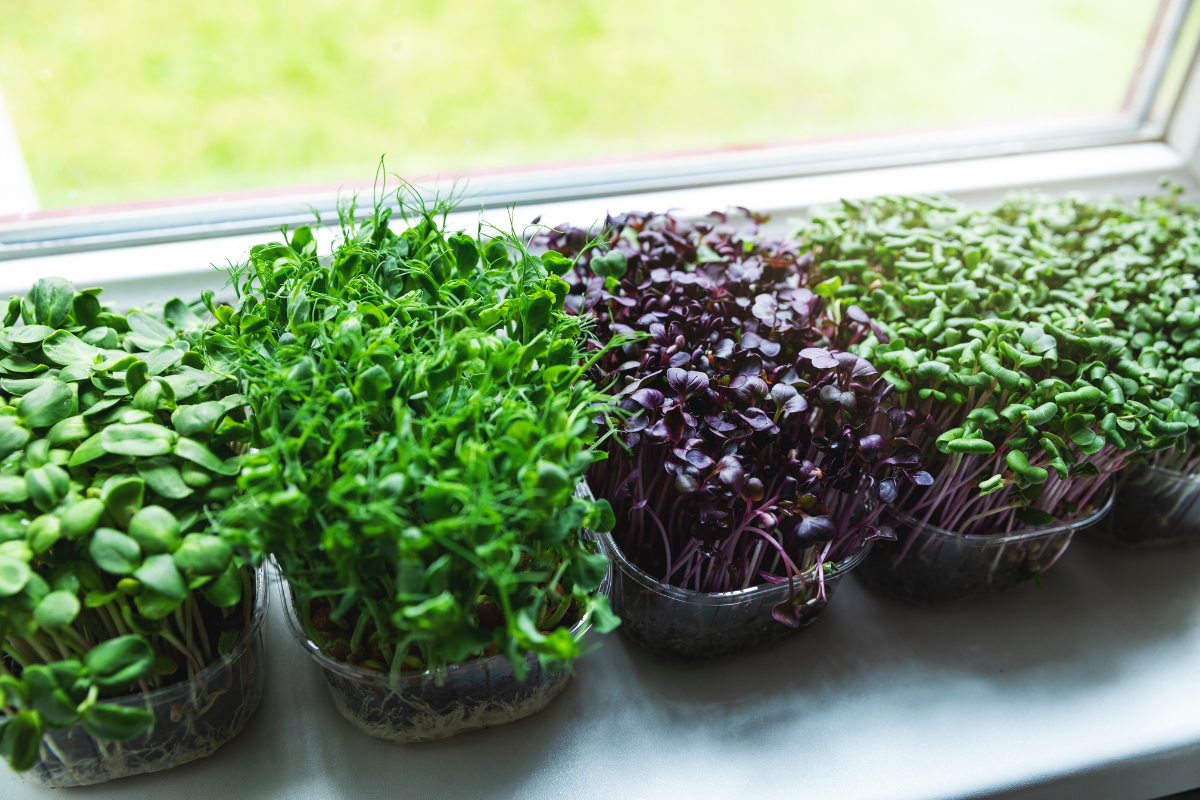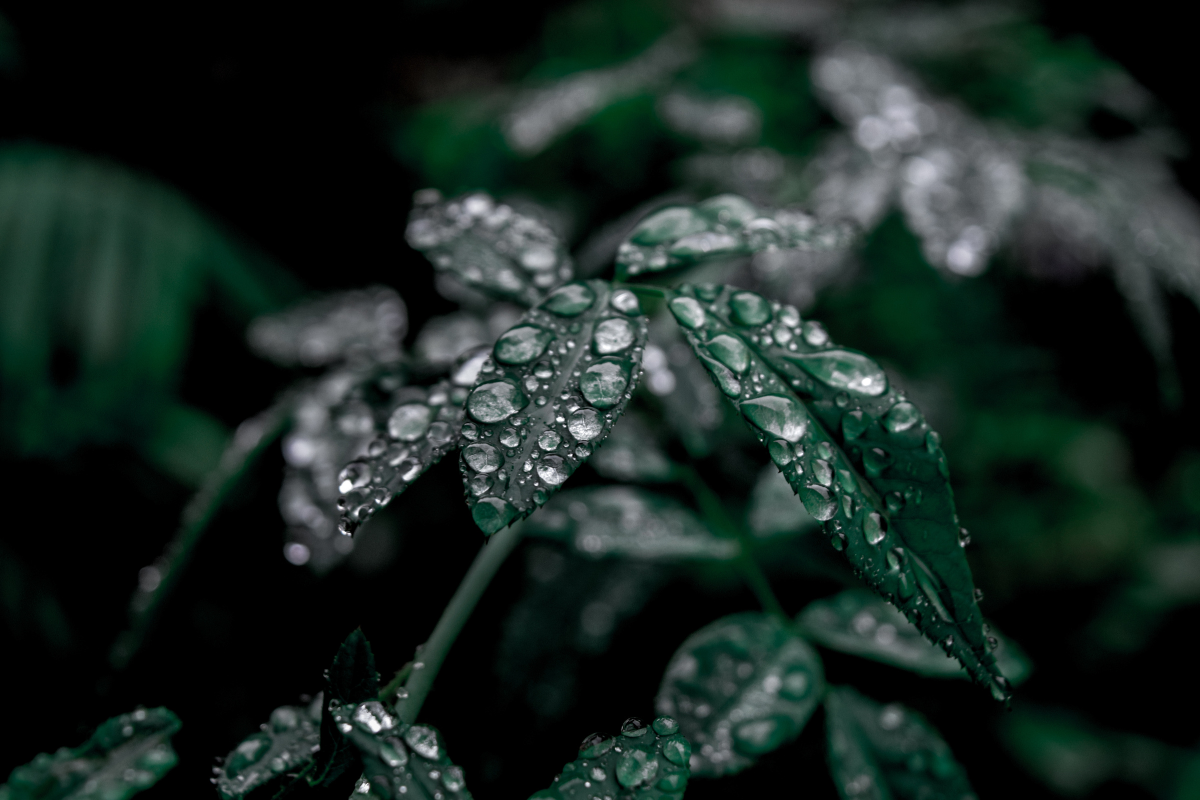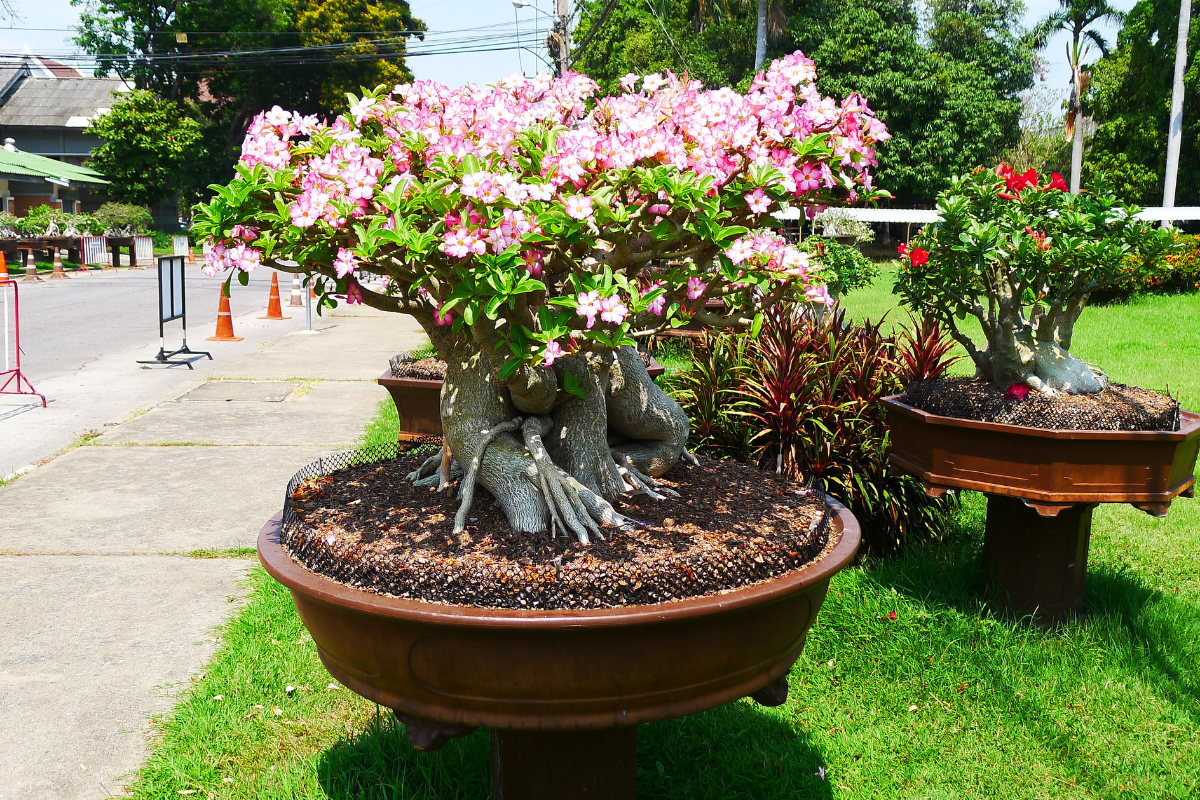Warmer seasons bring the joy of sunny days and outdoor activities, but they also herald the arrival of those pesky mosquitoes.
While there are many chemical repellents available to keep these biting insects at bay, many homeowners and garden enthusiasts are turning to a more natural and aesthetically pleasing solution: mosquito repellent plants.
In this article, we will explore seven of the best mosquito repellent plants that can add beauty to your space and comfort to your outdoor living.
Table of Contents
Understanding Mosquito Repellent Plants
Before diving into the list of plants, it’s essential to understand how these flora work to repel mosquitoes. Many of these plants contain natural oils and fragrances that, when released, can deter mosquitoes from lingering in your garden or patio. It’s important to note that simply having these plants in your yard is not a cure-all; the most effective use of these plants involves crushing the leaves to release their oils or even using them in conjunction with other mosquito control methods.
Are All Mosquito Repellent Plants Pet Safe?
Pet owners must consider the safety of their furry friends when choosing plants for their garden. While many mosquito repellent plants are safe for pets, some can be toxic if ingested. Always research and confirm the safety of each plant in relation to your pets before planting.
The Top 7 Mosquito Repellant Plants
Now, let’s take a look at the seven best mosquito repellent plants that can help keep those biting bugs at bay.
1. Citronella (Cymbopogon nardus)
Citronella is perhaps the most well-known mosquito repellent plant, thanks to the popular citronella candles and oils derived from it. This plant’s strong scent masks other attractants to mosquitoes, making it an effective natural repellent. Citronella is a perennial grass that grows best in full sun and well-drained soil.
2. Lavender (Lavandula spp.)
Lavender not only boasts a relaxing fragrance and lovely purple blooms but also has mosquito repellent properties. The natural oils in lavender are offensive to mosquitoes. It’s a hardy plant that thrives in warmer climates and can also be used in sachets and oils for a soothing aroma inside your home.
3. Marigolds (Tagetes spp.)
Marigolds contain pyrethrum, an ingredient found in many insect repellents. Their unique scent can help keep mosquitoes and even other pests like nematodes away. These annuals are easy to grow and can be planted in pots, borders, or gardens for a splash of color.

4. Basil (Ocimum basilicum)
Basil isn’t just a staple in the kitchen; it’s also a robust mosquito repellent. Its strong scent and essential oils are unappealing to mosquitoes. Basil is an annual herb that can be grown in pots or in the ground, and it prefers lots of sunlight and moist soil.
5. Lemon Balm (Melissa officinalis)
Lemon balm, a member of the mint family, emits a strong lemon scent that mosquitoes dislike. It’s an easy-to-grow perennial that can be invasive, so it’s often best planted in containers. Besides repelling mosquitoes, lemon balm can be used in teas and cooking for its mild lemon flavor.
6. Catnip (Nepeta cataria)
Surprisingly, catnip is more than just a treat for cats; it’s also a powerful mosquito repellent. Research has shown that catnip may be more effective than DEET, the active ingredient in many chemical repellents. Catnip is a perennial that’s easy to grow but can be invasive, so container planting might be the best option.
7. Rosemary (Rosmarinus officinalis)
Rosemary’s woody scent is pleasant to humans but a deterrent to mosquitoes. This herb is ideal for growing in pots or as a hedge in your garden. It’s not just a mosquito repellent; rosemary is also a culinary favorite that can be used fresh or dried in a variety of dishes.
Growing Mosquito Repellent Plants in Florida
Florida’s warm climate is a haven for mosquitoes, making mosquito repellent plants a valuable addition to any Sunshine State garden. Most of the plants listed above thrive in Florida, but it’s crucial to provide them with the right growing conditions to ensure their effectiveness. Here are a few tips for Floridians:
- Plant in well-drained soil and full sun, as most mosquito repellent plants love the sun.
- Regularly trim and maintain your plants to encourage growth and the release of their mosquito-repellent oils.
- Consider companion planting to maximize the benefits of these plants.
Incorporating Mosquito Repellent Plants in Your Garden Design
Integrating mosquito repellent plants into your garden isn’t just functional; it can also be an exercise in creativity. Here are some design ideas:
A. Creating a Border
Plant a border of marigolds or lavender around your patio or garden area. Not only will this create a beautiful edge, but it will also form a natural barrier against mosquitoes.
B. Container Gardening
For those with limited space or those who want to keep invasive species in check, growing mosquito repellent plants in containers is a perfect solution. Containers can be placed strategically around seating areas for optimal protection.
C. Herb Gardens
Combine culinary and mosquito repellent herbs like basil, rosemary, and lemon balm in a dedicated herb garden. This will provide easy access for cooking and natural mosquito defense.
D. Mixed Plantings
Mix mosquito repellent plants with other non-repellent varieties to create a diverse and attractive garden. The key is to position the repellent plants where they’ll be most effective—near seating areas and entrances to your home.
Conclusion
Mosquito repellent plants can be a natural and beautiful way to enhance your garden while keeping mosquitoes at bay. Whether you’re in mosquito-prone Florida or elsewhere, these plants can contribute to a more enjoyable outdoor living experience.
Remember to choose plants that are suitable for your climate and safe for your pets, and to use them in conjunction with other mosquito control methods for the best results. Happy gardening, and enjoy your mosquito-free outdoor space!



